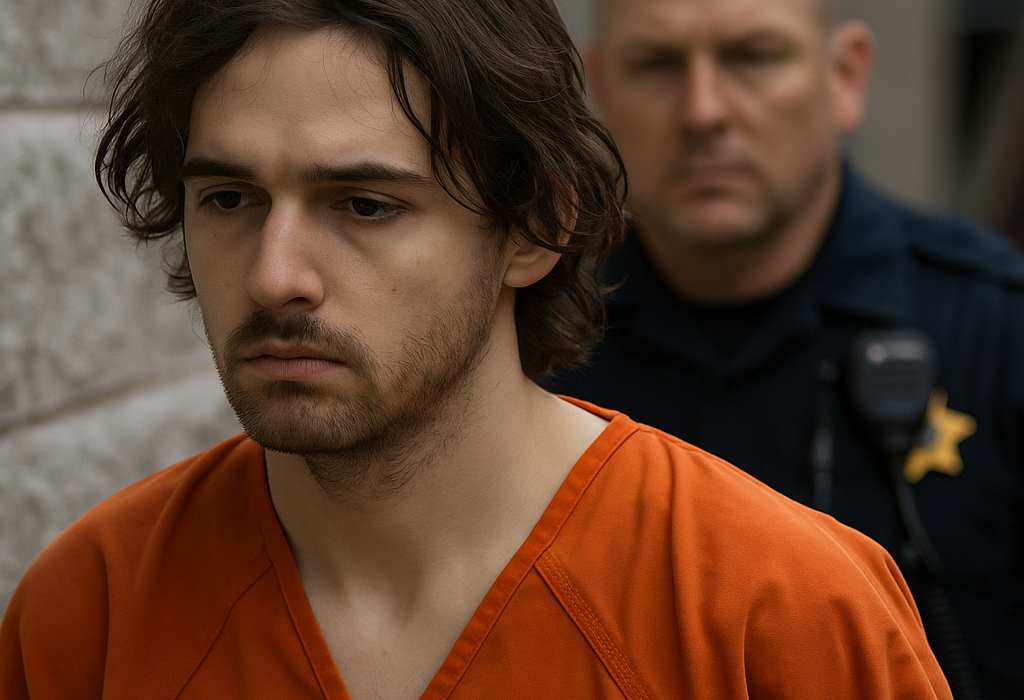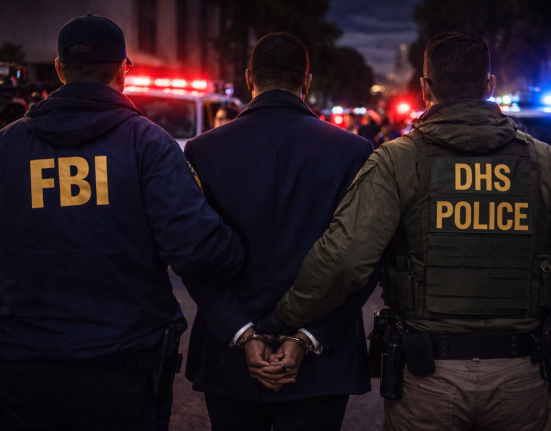- The suspect in the fatal shooting of Charlie Kirk is not co-operating with authorities, according to Utah Governor Spencer Cox. AllSides
- The suspect, Tyler Robinson, has not confessed to carrying out the shooting. AllSides
- Robinson was arrested roughly 33 hours after Charlie Kirk, a conservative commentator/activist, was shot and killed at an open-air event at Utah Valley University. AllSides
- Investigators are still trying to establish a motive for the shooting. At the time of reporting, no clear motive had been confirmed. AllSides
- While Robinson himself isn’t cooperating, people around him are cooperating with the investigation. AllSides
Main Points (Highlights)
- Lack of cooperation by suspect
A key fact is that Robinson is not providing information. This delays clarifying motive, scope, or coordination, which is central for the investigation. - No confession yet
Without a confession, legal proceedings will rely on evidence, witness testimony, forensic work, etc. This can affect timeline and strategy on both sides. - Arrest timeline
The arrest happened relatively quickly (33 hours after the event), which suggests law enforcement responded with urgency. However, speed doesn’t always equate to clarity or completeness. - Motive unknown
The motive remains undetermined, which is often critical, especially in politically charged cases. Motive influences public perception, legal charges, and possible enhancement or sentencing later. - Cooperation from associates
Some individuals in the suspect’s circle are cooperating, which could become important for piecing together events. Their information may fill gaps left by the suspect’s silence.
What It Means Going Forward — Projections & Implications
- Investigation timeline likely extended
Because the suspect is not cooperating, investigators will need to rely more heavily on indirect evidence: surveillance, forensics, witness statements, digital evidence. This often takes more time. - Possible legal complications
Without cooperation or a confession, the prosecution may face challenges in proving certain elements beyond a reasonable doubt (motive, intent, possibly premeditation). The defense may emphasize lack of direct confession. - Media and public narrative
The public understanding of the case may remain fragmented. Speculation about motive might become widespread, especially given the political context, which could influence public opinion, potentially complicating impartial legal process. - Security and future event implications
Given that Kirk was shot while speaking at a public event, there may be increased scrutiny on security at such gatherings. Organizers and law enforcement might reassess protocols to prevent or mitigate similar incidents. - Precedent for handling politically-charged crimes
The way authorities manage this case—in terms of communication, evidence disclosure, and fairness—may set or reinforce precedents for similar future cases where politics and violence intersect. - Potential policy or legal reform
Depending on outcomes, there might be calls for reforms regarding event security, gun regulation (if any weapons laws are relevant), or how investigations are handled when suspects refuse to cooperate.








Leave feedback about this
You must be logged in to post a comment.